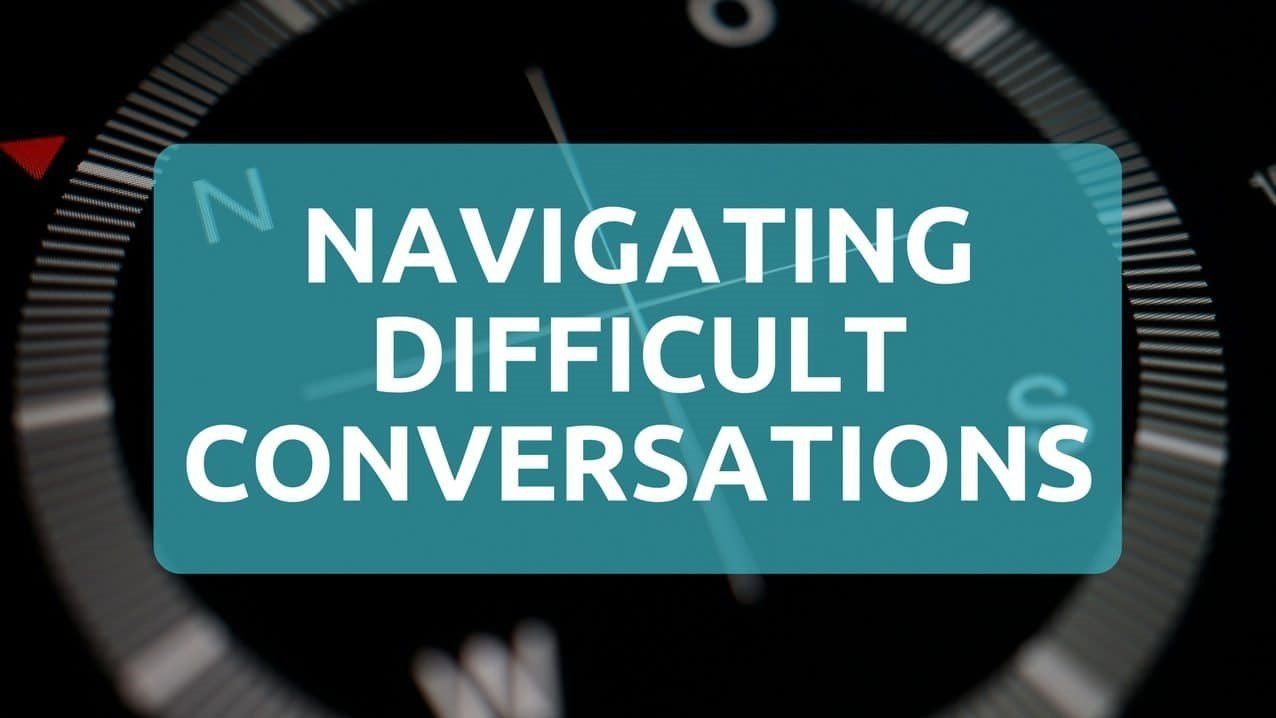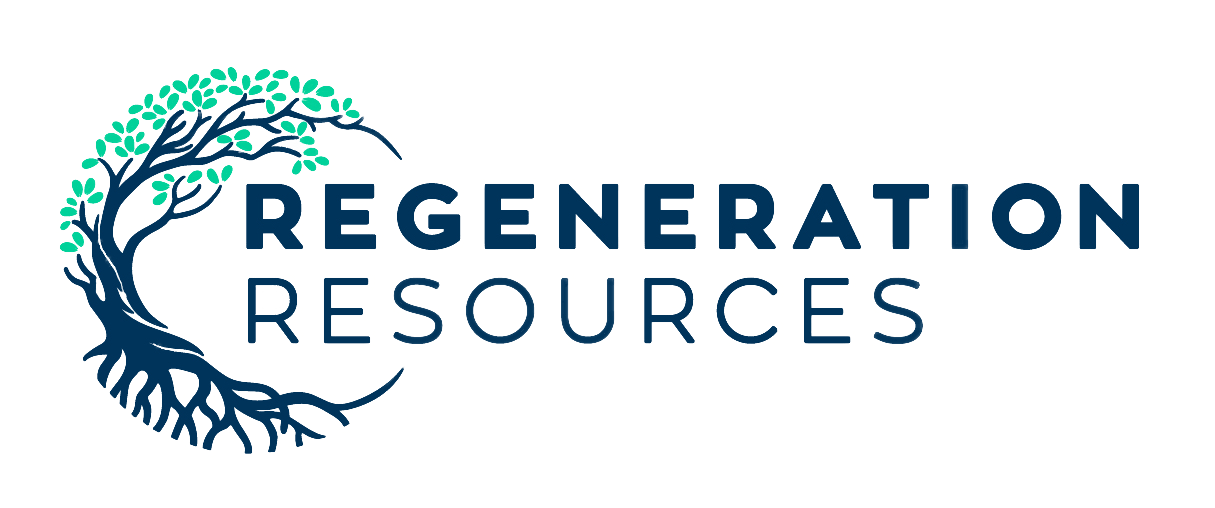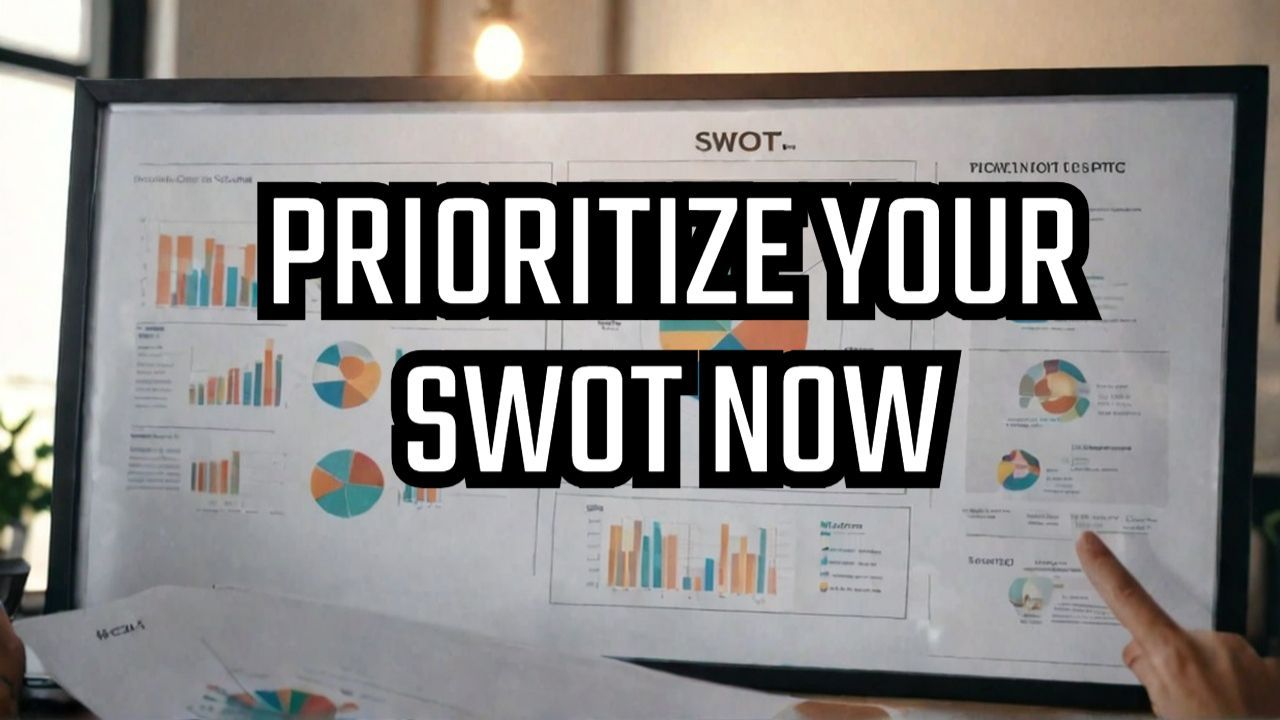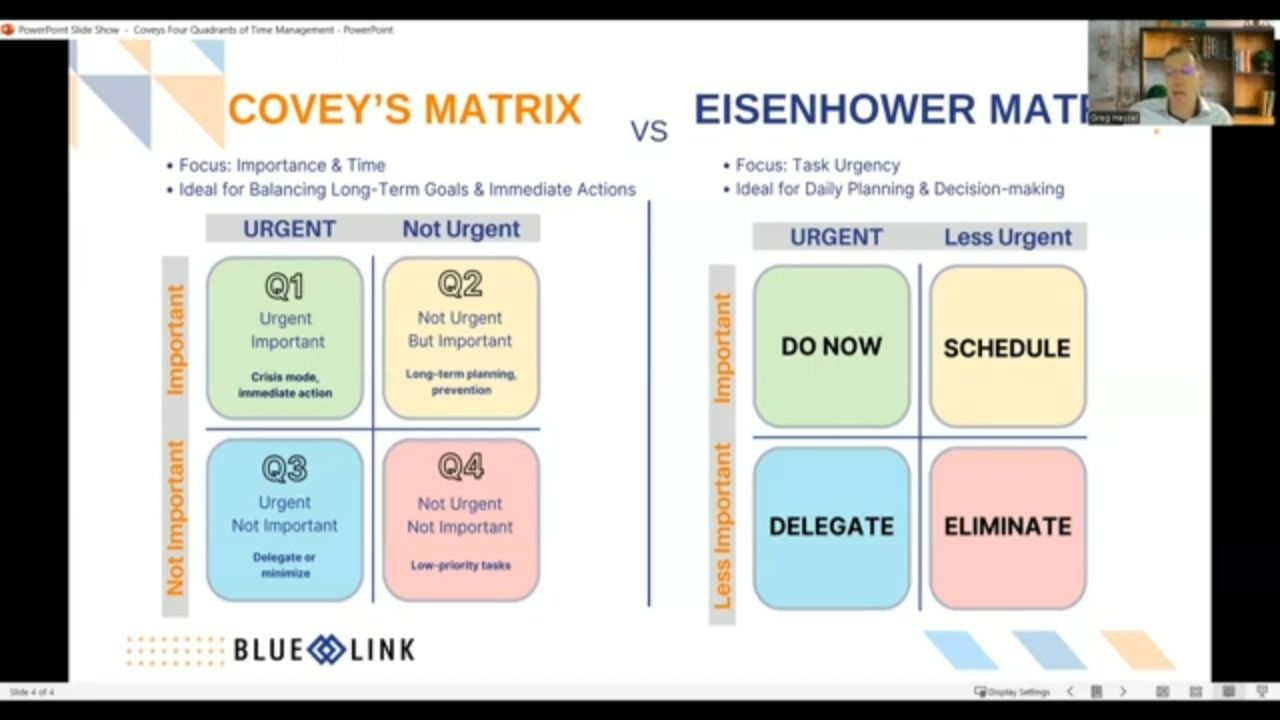Opening Lines for Difficult Conversations
Conflict Management: How to Get Started

While resolving conflicts is more about mind sets and intentions than it is about templates, the following “recipes” can help ensure that you get off on the right footing in a difficult conversation.
· "I am trying to see things from your perspective. Help me understand how you think about . . ..”
· “I am committed to having this conversation until we can come up with a solution that works for both of us. I would like to start by really trying to understand your concerns.”
· “I have been reflecting on our previous interaction and I want to tell you what I think I contributed to the problem and what I learned about myself.”
· “You may be right, but I’d like to understand more. What leads you to believe. . .?”
· “I’m unclear how that connects to what we’ve been saying. Can you say how you see it as important?”
· “When you said (give illustration) . . . I had the impression you were feeling (fill in the emotion). If so, I would like to understand what upset you. Is there something I’ve said or done?”
· “This may be more my problem than your, but when you said (give illustration) . . . I felt . . .. Am I misunderstanding what you said or intended?”
· “My dilemma is that if we move forward with this solution, you will not be happy, but you do not want to continue the conversation. Are there any other options for moving forward that you can think of?”
· “It seems that you have concluded that (state their beliefs as you understand them) . . .. Help me understand what data that conclusion is based on?”
· “What I have observed is (state observations). The conclusions I draw from those observations is (state observations). Do you see any flaws in my reasoning?”
· “When you say such-and-such, I worry that it really means . . .”
· “Here is what I think we agree on, and here is the area that we still are not in agreement on.”
See other posts on Conflict Management
See blogs/vlogs on other OD topics
See our home page
Part of the list is taken from the work of Phillip McArthur and Robert Putnam as written in The Fifth Discipline Field Book, by Senge, Ross, Smith, Roberts and Kleiner, pp. 260 – 263.
Every few months I produce a free newsletter. No Spam. Unsubscribe anytime.
For a taste, view the archives
SUBSCRIBE
Blogs and vlogs are sorted by topic at the bottom of each service page
STRATEGIC PLANNING
CHANGE MANAGEMENT
CONFLICT MANAGEMENT
TEAM BUILDING
ASSESSMENTS
EXECUTIVE COACHING
IMPROVING EFFICIENCY
BOARD DEVELOPMENT




